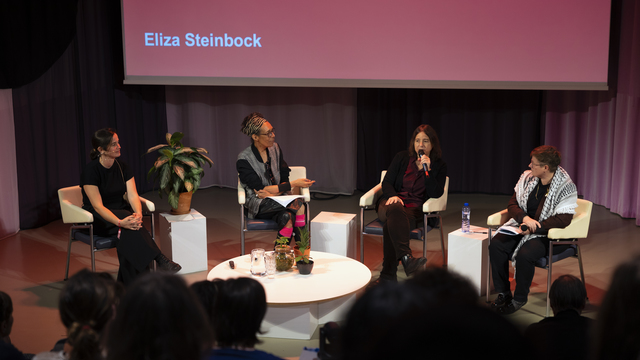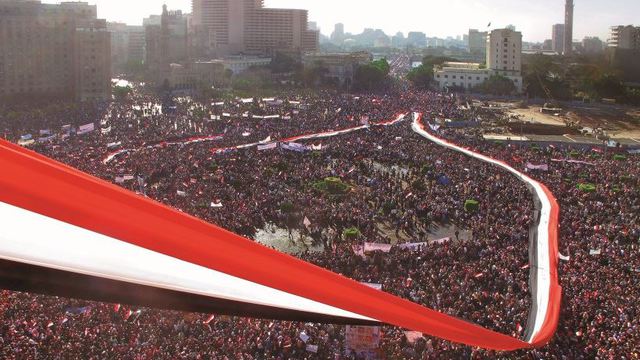A User's Guide to Demanding the Impossible
Laboratory of Insurrectionary Imagination
This guide is not a road map or instruction manual. It's a match struck
in the dark, a homemade multi-tool to help you carve out your own path
through the ruins of the present, warmed by the stories and strategies
of those who took Bertolt Brecht's words to heart: "Art is not a mirror
held up to reality, but a hammer with which to shape it."


